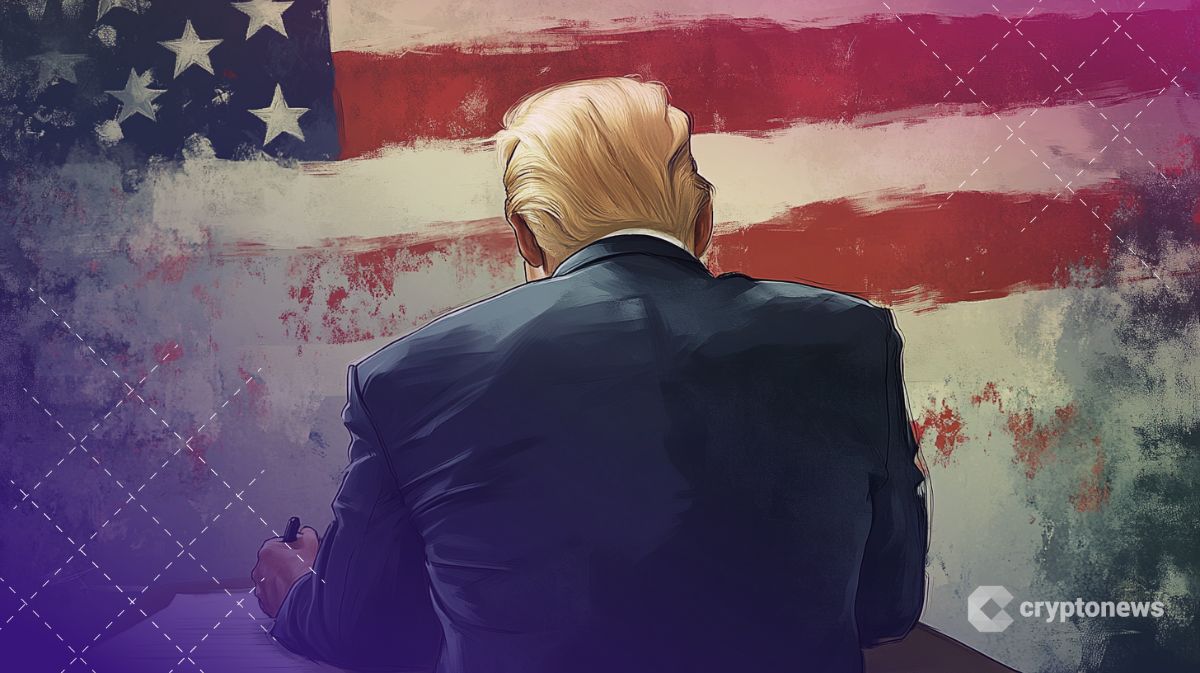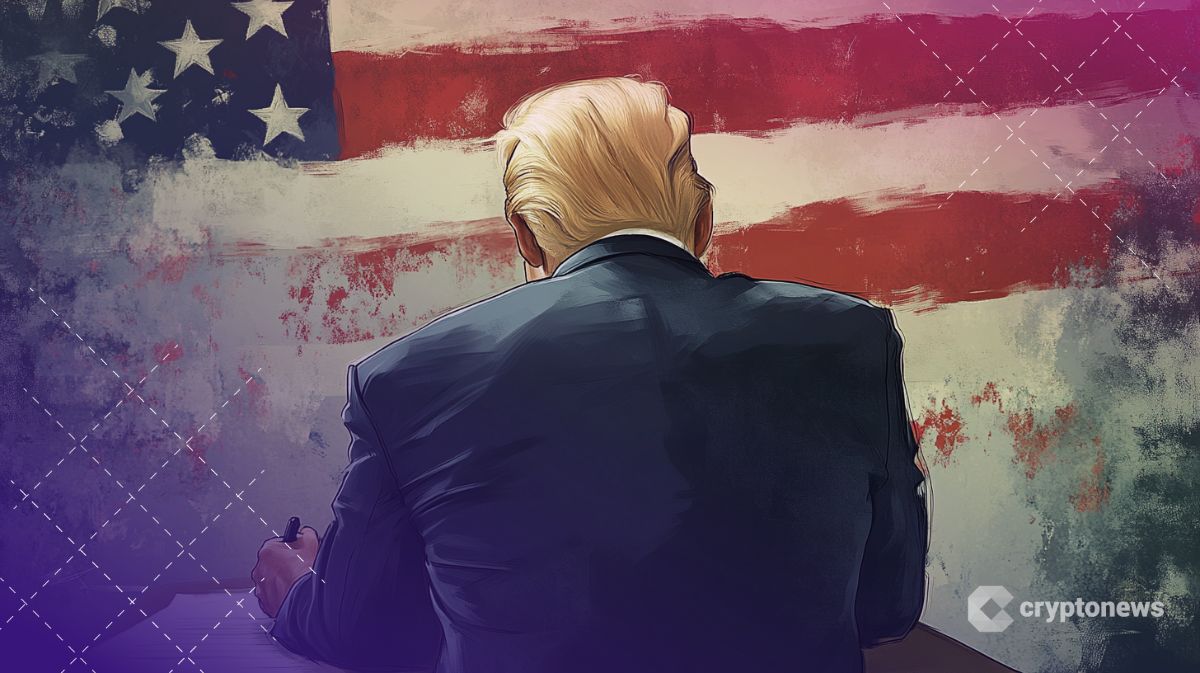Last updated:
 Why Trust Cryptonews
Why Trust Cryptonews

President Donald Trump on Thursday signed a resolution to overturn an Internal Revenue Service (IRS) rule that would have required certain crypto brokers, including decentralized finance (DeFi) platforms, to report customer transactions to the tax agency.
The move marks a major rollback of a Biden-era tax reporting measure and further signals Trump’s alignment with the crypto industry.
Finalized in late 2024, the IRS rule was meant to clarify that new broker reporting requirements also applied to DeFi platforms.
The rule was not yet in force but was scheduled to take effect in 2026. It aimed to ensure crypto users paid taxes on asset sales. The Treasury estimated that billions in crypto-related taxes were going uncollected each year.
Regulators Face Resistance After Expanding Broker Scope to DeFi
The rule drew sharp criticism from the digital asset industry. DeFi platforms, unlike centralized exchanges such as Coinbase or Kraken, do not act as intermediaries. They also lack access to user identities. Executives and developers said the rule was technically impossible to follow and legally risky. They warned it placed unworkable burdens on protocols built to be permissionless.
Industry lobbying intensified after the IRS expanded the definition of “broker” to include software-based DeFi tools. Crypto advocates called the move government overreach, warning it would push development overseas. Republicans backed their concerns and moved to block the rule using the Congressional Review Act.
Trump Backs Crypto Industry in Reversing DeFi Tax Mandate
In March, both chambers of Congress passed the resolution with a simple majority. The Joint Committee on Taxation estimated that repealing the rule could cost the government nearly $4b over ten years.
Despite the projected loss, lawmakers supporting the repeal argued that privacy, technical feasibility and innovation were more important.
“The DeFi Broker Rule needlessly hindered American innovation, infringed on the privacy of everyday Americans, and was set to overwhelm the IRS with an overflow of new filings that it doesn’t have the infrastructure to handle during tax season,” said Rep. Mike Carey.
Ways and Means Committee Chairman Jason Smith added that with Trump’s signature, Congress had reaffirmed its authority to write tax law rather than leaving it to regulators.
Trump has positioned himself as a strong supporter of the crypto industry, pledging to make the US a global hub for digital assets.
His administration quickly moved to establish a federal working group on crypto regulation and announced a national Bitcoin reserve strategy within weeks of his inauguration.




